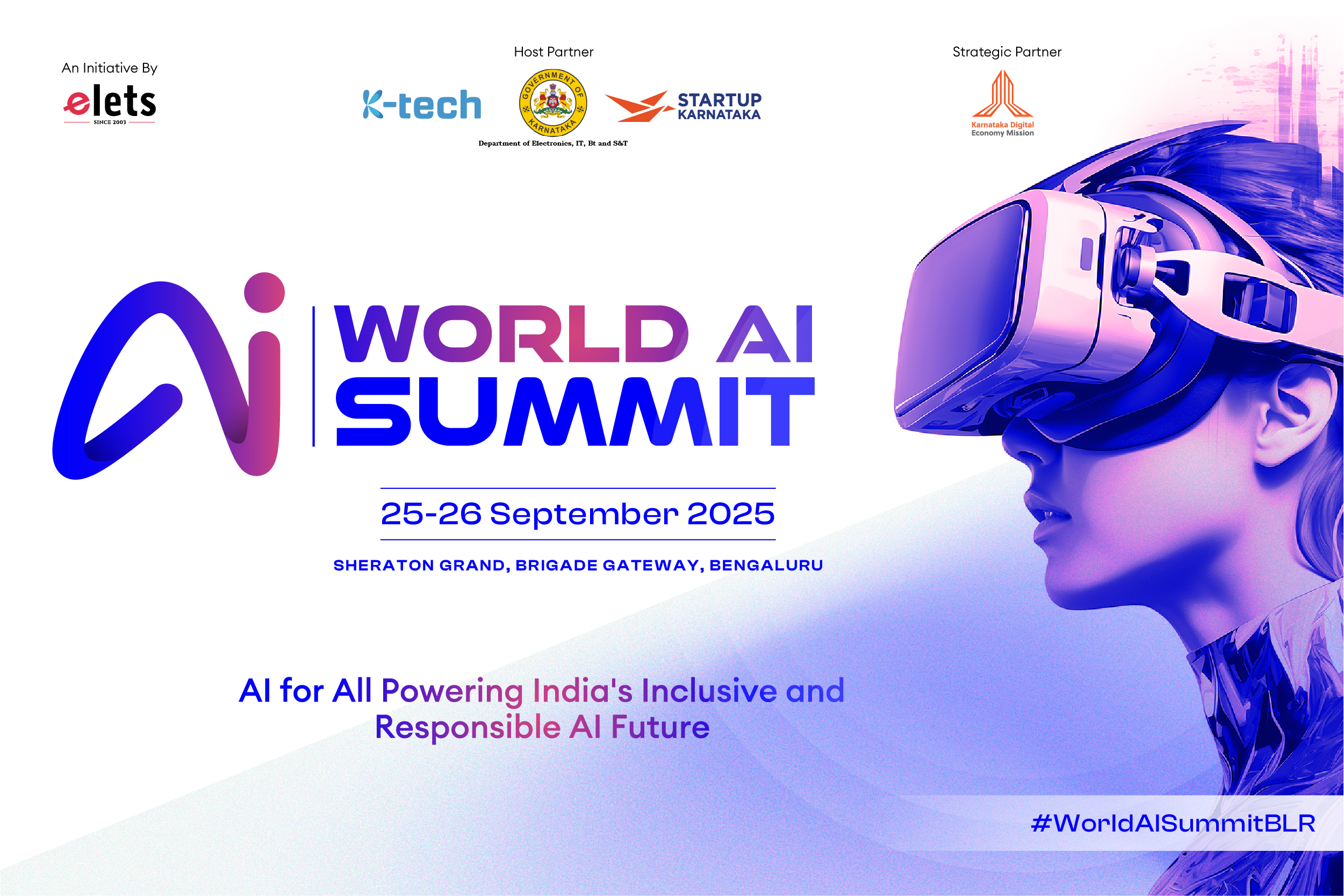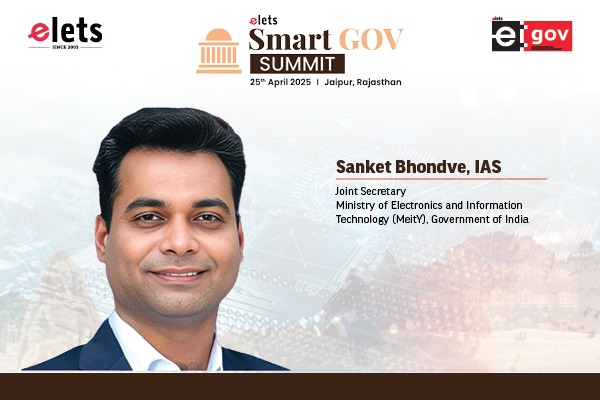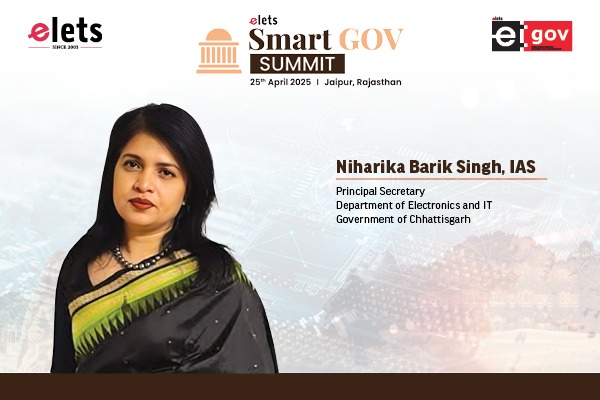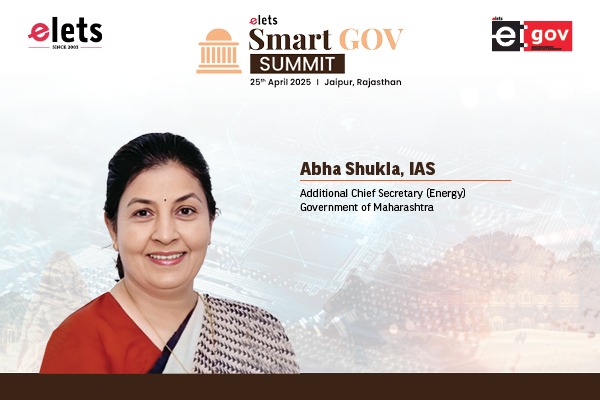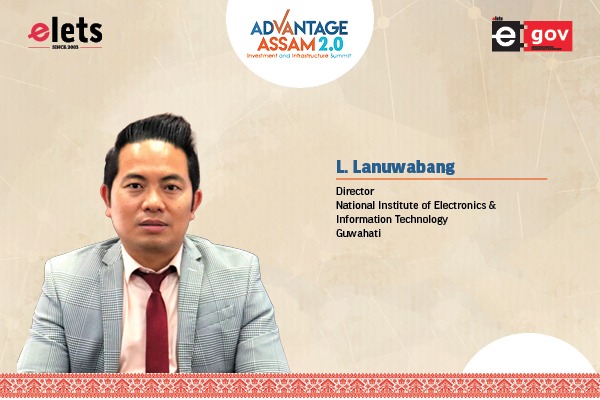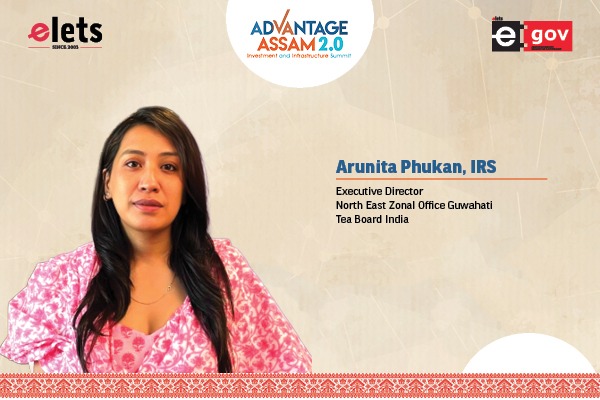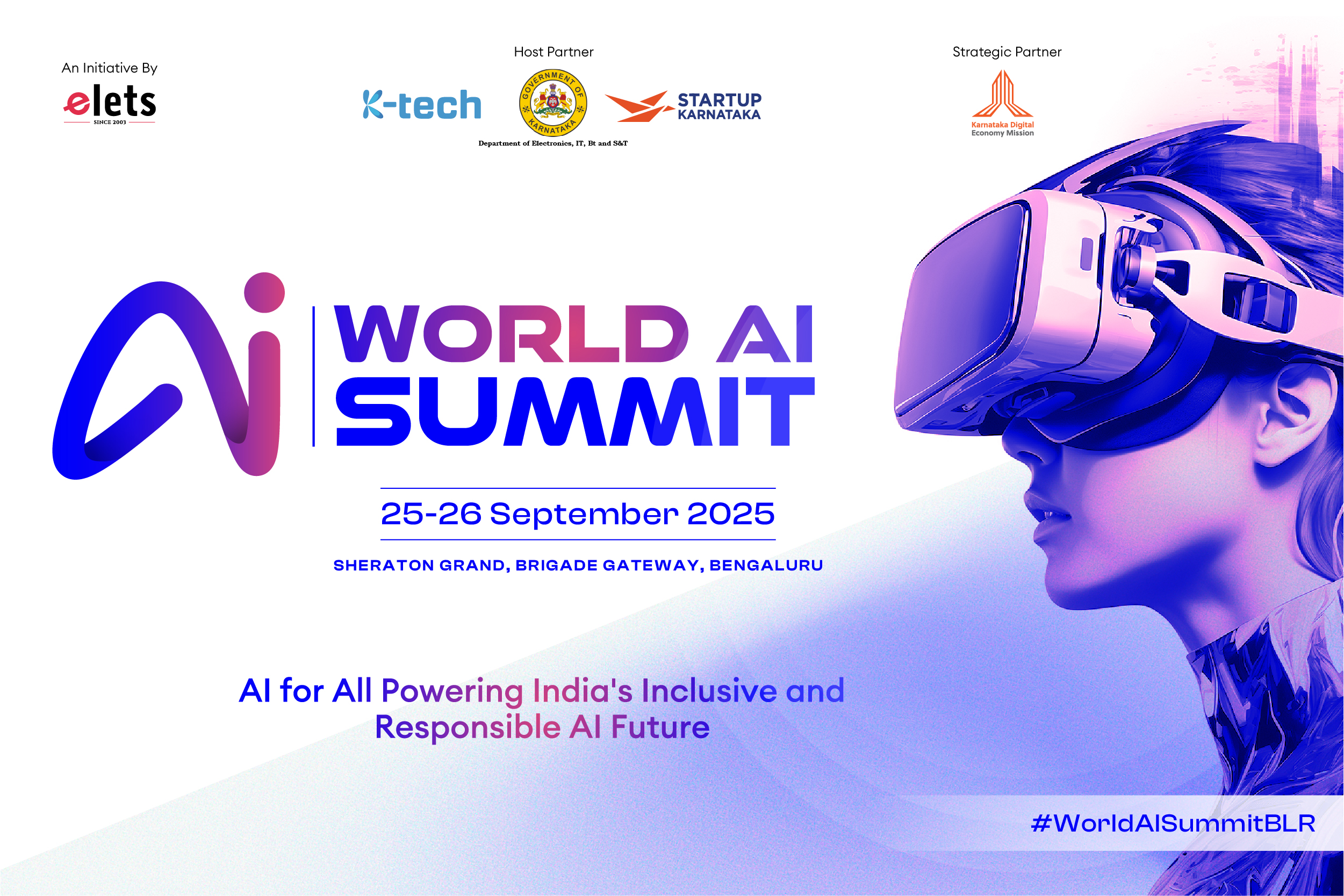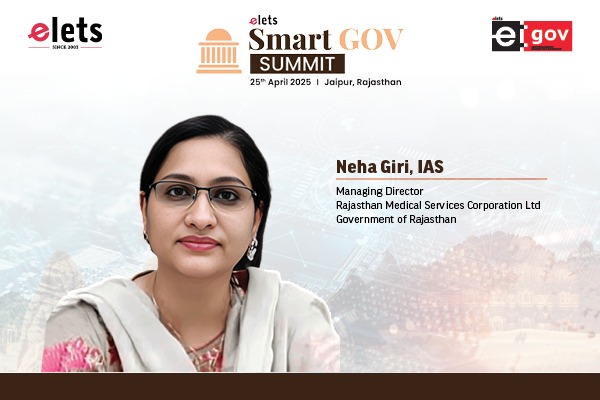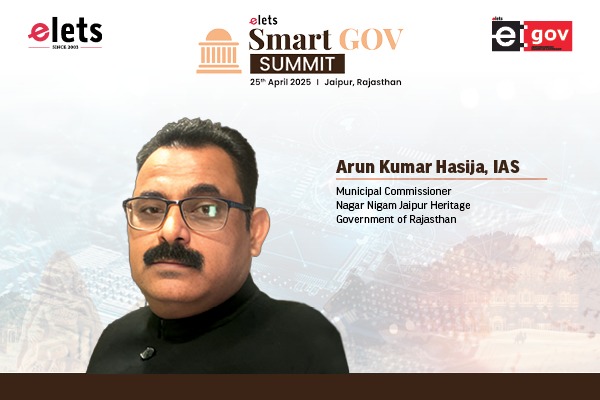
Climate change mitigation, energy security, and net-zero targets have been driving countries across the world to pursue renewable sources of energy. India also aims to become a net-zero economy by 2070 and has set a target of installing a non-fossil energy capacity of 500 GW by 2030. Consequently, It targets 50% of its electricity requirements in 2030 to be met by renewable energy.
Maharashtra Energy Development Agency (MEDA) is a state nodal agency for the Ministry of New & Renewable Energy (MNRE). The main purpose is to promote, propagate, development of renewable energy projects in the state.

MEDA has always promoted the use of various forms of renewable energy. It initially promoted energy from bio-waste as an alternative to wood burning. Solar power projects help in summer when there is higher demand for power.

Moreover, wind energy generation projects are complementary to solar plants as the former start generating power after 6pm, when the solar power generation goes down.

The Government of Maharashtra (GoM) has issued Renewable Energy policy in December 2020 to promote the non- conventional Source based energy Generation.

The Policy is divided into 2 parts:
1. In the first part, the state aims to implement 17,360 MW of Grid connected Renewable Power Projects by 2025. This includes 12,930 MW of solar power projects, 2,500 MW of wind energy projects, 1,350 MW of co-generation projects, 380 MW of small hydro projects, and 200 MW of urban solid waste-based projects.
2. Under the second part, the state aims to implement off-grid renewable power projects, which includes 100,000 agricultural solar pumps under PM- KUSUM Scheme, the electrification of 10,000 rural homes under RVE Scheme, micro-grid projects for 20 villages every year, 50,000 sq ft. of solar water heating system and 5000 sq ft. of solar cooking systems, and 800 solar cold-storage projects.
The main purpose of the off-grid project is to promote and make renewable energy available at the end consumer, i.e. rural villages or the area where transmission lines have not been reached yet.
The Remote Village / hamlets where electricity is not available through conventional energy sources is electrified through renewable energy sources. Earlier, Pradhan Mantri Sahaj Bijli Har Ghar Yojana (Saubhagaya Yojana) was introduced and the scheme was successfully implemented in Maharashtra. Under this, a total of 30,538 solar household lights have been installed till December 2019. Similarly, as per the RE policy, in the next 5 years, the areas such as villages where MSEDCL will not be able to electrify the houses, in such places under the Rural Electrification Program scheme through Mahaurja, a target has been set to electrify 10000 household solar powered lights every year. Out of which 6069 solar household lights have been installed in the financial year
2021-22.
Under the new GoM RE Policy – 2020, Government of Maharashtra has come up with a policy of setting up of decentralised Solar Micro-Grid projects in villages of remote areas of the state that cannot be electrified by conventional means on a 100% financial assistance. Projects will be implemented in 20 villages every year.
Forty Crores will be provided by the state government for this every year.
There are a total of 24 villages in Melghat that are not electrified by means of conventional electricity due to various challenges such as forest fringe area, core tiger area & other demographic constraints like mountains and hilly area.
MEDA has successfully installed 3 Solar Micro Grid Project at Makhala (Tembhurni Pada) – 37.8 kW, Chopan – 24 kW, & Retyakheda – 29.4 kW in remote areas of Melghat Tiger Reserve in Amravati district. Decentralised solar power plants have been installed and commissioned through which solar energy is converted into DC electrical energy which is stored in battery bank through controller and battery management system (BMS). The main purpose is to provide maximum uninterrupted power supply to the households in the conventionally un-electrified village through solar energy.
Due to these projects, there is 24×7 electricity available, lights & charging sockets in each house, and capability to add generation capacity in future. Households of villages such as Chopan, Retyakheda and Makhala (TembhurniPada) in remote areas of Melghat in Amravati District are illuminated & roads inside to the villages have been illuminated through LED Street Lights.
Under this project, at Villages – Retyakheda & Makhla (Tembuni Pada), 2 flour mills of 2 HP capacity have been installed. Now, the citizens have the facility to grind grain in the village itself. These projects have made it easier for students to study and have contributed to their progress.
Bagasse is a by-product of sugar cane that is used as a fuel in boilers for producing process steam. The consumption of bagasse depends upon the pressure at which steam is produced in the boiler. Co-generation project with higher boiler pressure comparatively requires less bagasse resulting in higher power generation. National potential of bagasse co-generation is equivalent to 5000 MW, while in Maharashtra the potential is around 3685 MW. In Maharashtra, with a total installed capacity of 2339.30 MW, 136 projects have been commissioned by the end of March2022.
In Maharashtra, most of the cogeneration plants are developed by sugar factories as they have enough quantity of bagasse – a byproduct of sugar production. Therefore, mostly all sugar factories involve cogeneration systems which use bagasse as fuel (renewable source of energy) in order to meet power and steam requirements of the production process. Besides this, it also provides excess power to the grid or use for other purposes like captive consumption for other industrial use.
As sugar cane production is in abundance in India, mostly in Maharashtra State, and also the sugar production factories are not limited to only sugar products, their byproducts (i.e. co-generation power projects, ethanol projects, distilleries, etc.) have also played a role in strengthening the economic conditions of the factory. And because of this, farmers are encouraged for planting more sugar cane and are getting timely billing for the same.
The social, economic and environmental benefits of biomass power for long-term sustainability have been accepted. The national potential of grid quality power from surplus biomass material is assessed to be 16,000 MW while the same in Maharashtra is 781 MW. In Maharashtra biomass power projects totaling 215 MW, 19 Projects have been commissioned by end March 2022.
On Similar Line, the Ministry of New and Renewable Energy (MNRE), New Delhi is implementing “Pradhan Mantri Kisan Urja Suraksha and Utthan Mahabhiyan (Kusum) Yojana”. The scheme implementation period is between FY 2019-20 to FY 2022-23. Under the Central Government’s Kusum Yojana, farmers will be able to install off-grid solar agricultural pumps up to 7.50 HP capacity. MNRE, New Delhi has set a target of 100,000 solar agricultural pumps per year for the state in component-B of the scheme. This includes 3 hp, 5 HP and 7.5 HP (DC) solar pumps. The scheme has 30 per cent central financial assistance from the central government and 60-65 per cent financial assistance from the state government. Beneficiary Share is only 10 per cent for the open category and 5 per cent for the SC/ ST category. The scheme is being implemented in phases. Under this scheme, a total of 27979 solar Pumps have been installed by MEDA in Maharashtra till NOVEMBER, 2022.
Even though the water was available, the farmers were not able to pump the water for irrigation as they do not have electric connections. Diesel engines were used for irrigation. Now these are replaced by solar pumps, hence enhancing irrigation and economic benefits. The most important benefit of these off grid solar pumps is that farmers can irrigate fields in day time.
There are huge environmental benefits in using renewable energy sources such as solar, co-gen, wind etc which don’t emit carbon dioxide and other greenhouse gases that contribute to global warming. Use of Renewable energy sources is the key solution for socio economic development for rural areas.
Views expressed by Ravindra Jagtap, Director General, Maharashtra Energy Development Agency (MEDA).
Be a part of Elets Collaborative Initiatives. Join Us for Upcoming Events and explore business opportunities. Like us on Facebook , connect with us on LinkedIn and follow us on Twitter, Instagram.
"Exciting news! Elets technomedia is now on WhatsApp Channels Subscribe today by clicking the link and stay updated with the latest insights!" Click here!




